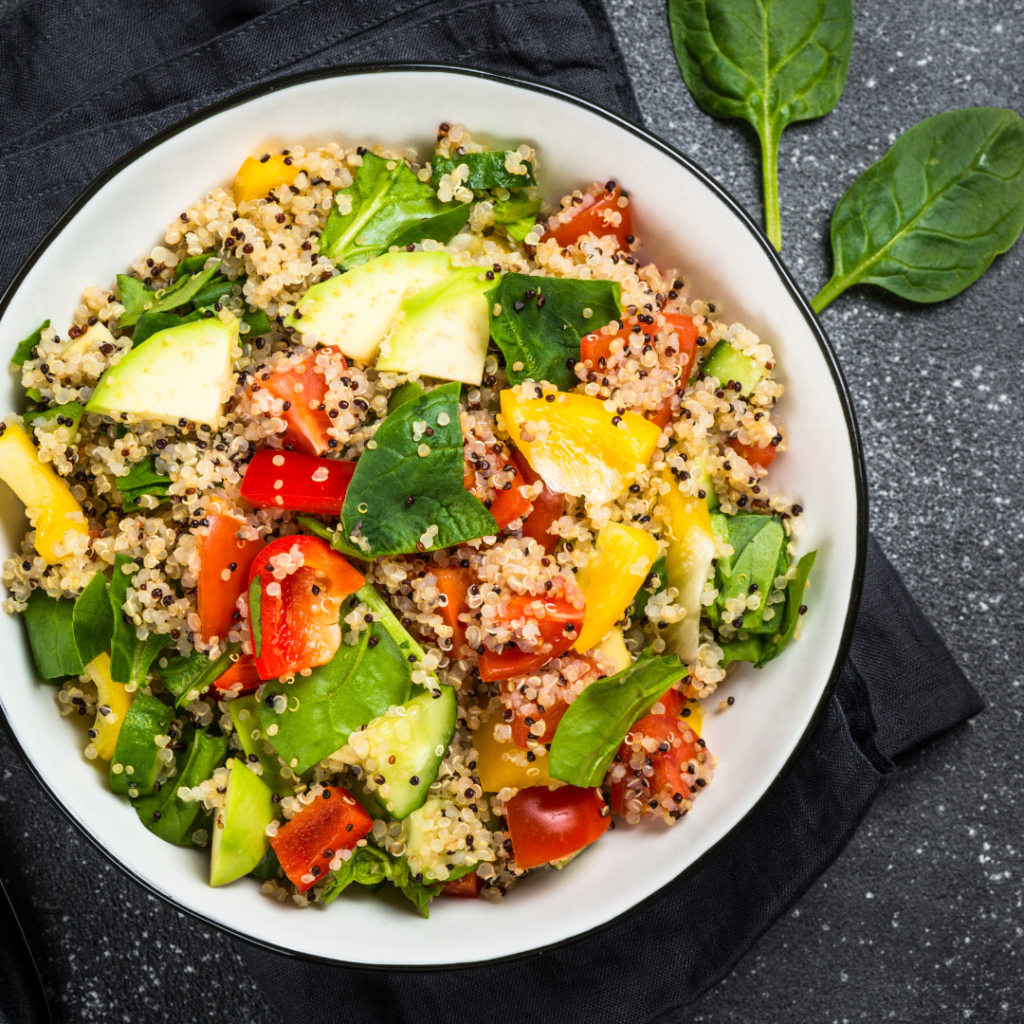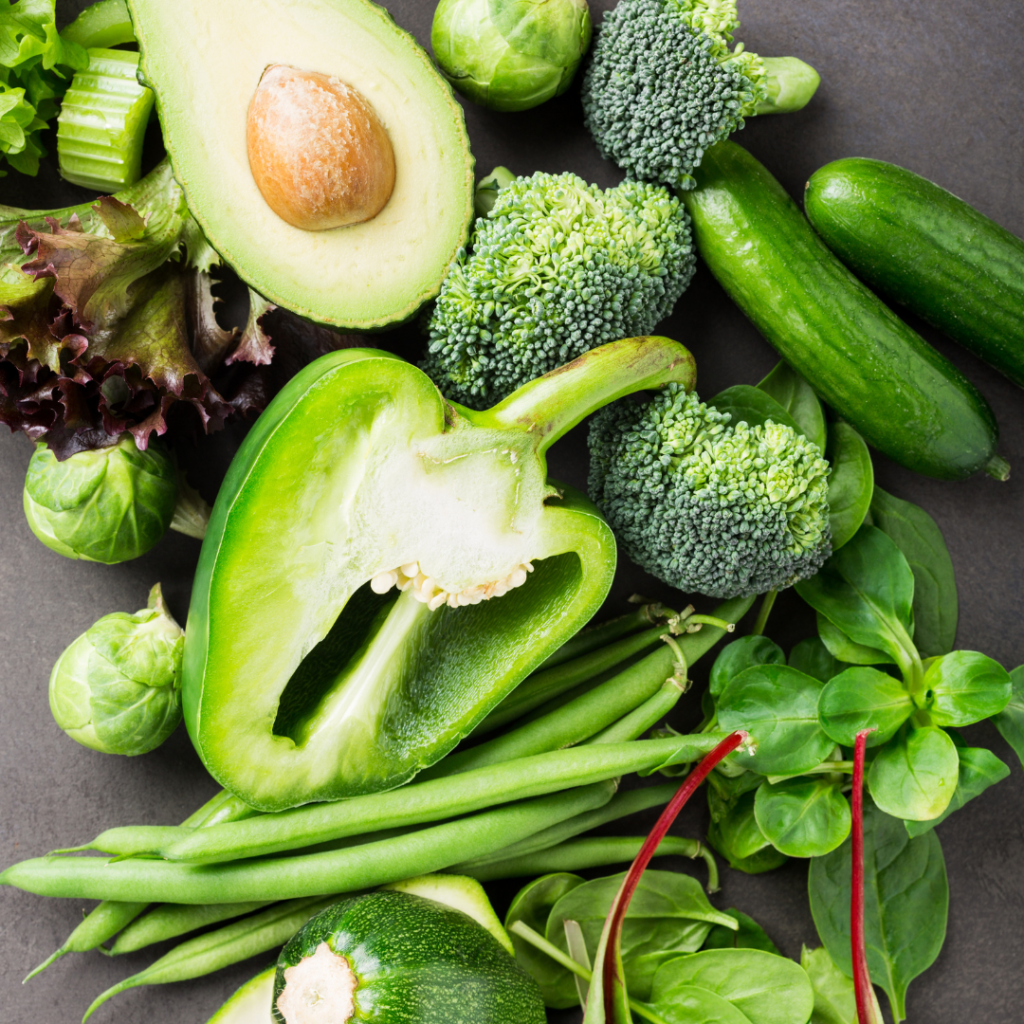Discover the benefits of Plant Points and learn how tracking the variety of plant-based foods in your diet can boost your health, support gut health, and promote a more sustainable lifestyle.
In the world of plant-based eating, there’s a growing trend that’s not just about what you eat, but how many different plants you eat. This trend is called “Plant Points,” and it’s revolutionizing the way people approach their diets. If you’ve never heard of Plant Points before, don’t worry—you’re not alone. In this post, we’ll break down what Plant Points are, why they matter, and how you can start using them to improve your health in the easiest way possible.

“Plant Points” is a concept used to encourage a more diverse intake of plant-based foods every week. The idea behind it is to score or track the variety of plant foods you consume, rather than just the quantity. The goal is to encourage people to eat a wide range of fruits, vegetables, whole grains, nuts, seeds, legumes, and other plant foods.
What Are Plant Points?
Plant Points is a simple yet powerful concept designed to encourage people to eat a more diverse range of plant-based foods. Unlike traditional diet tracking, which often focuses on counting calories or macronutrients, Plant Points focuses on variety. The idea is that each different type of plant food you eat in a week—whether it’s a fruit, vegetable, whole grain, nut, seed, or legume—counts as one point. The more points you rack up, the more diverse your diet, and the greater the potential health benefits.
How Plant Points Work:
- Variety Over Quantity: Each different plant-based food you eat within a week counts as a point. For example, if you eat an apple, spinach, lentils, almonds, and brown rice in a week, you get 5 points.
- Weekly Goal: Some nutrition experts suggest aiming for 30 or more different plant foods each week to maximize the benefits of diverse nutrients and promote a healthy gut microbiome.
- Encourages Experimentation: This system encourages people to try new foods and add more variety to their diet, which can lead to a more balanced and nutrient-rich diet.

Benefits:
- Gut Health: A diverse intake of plant foods supports a diverse and healthy gut microbiome, which is linked to better overall health.
- Nutrient Density: Different plants provide different nutrients, so eating a variety ensures you’re getting a broader spectrum of vitamins, minerals, antioxidants, and other beneficial compounds.
- Sustainability: Eating a wide range of plant-based foods can contribute to a more sustainable diet, as it promotes the consumption of seasonal and local produce.
- Preventing Dietary Boredom: One common challenge of sticking to a healthy diet is getting bored with the same meals over and over. Plant Points push you to explore new foods and recipes, making your diet more exciting and enjoyable.
Plant Points are a fun and easy way to focus on dietary diversity, which is a key aspect of a healthy plant-based diet.

Tips to Maximize Your Plant Points
Achieving a high number of Plant Points each week doesn’t have to be complicated. Here are some simple strategies to help you hit your target:
- Start Small and Build: If you’re new to plant-based eating, begin by adding one or two new plant foods to your diet each week. This could be as simple as trying a new fruit or incorporating a different type of grain like quinoa or farro.
- Mix Up Your Meals: Instead of sticking to the same staples, try rotating different plant foods throughout the week. For example, if you usually eat brown rice, switch it up with barley or wild rice. Add different vegetables to your salads or smoothies, like beets or kale.
- Explore the World of Legumes: Legumes, including beans, lentils, and peas, are a great way to add variety to your diet. They’re versatile, affordable, and packed with protein and fiber. Try different types like black beans, chickpeas, or red lentils.
- Get Creative with Snacks: Snacking is an easy way to add more plants to your diet. Swap out your usual snacks for plant-based options like fresh fruit, raw nuts, seeds, or vegetable sticks with hummus. Even a handful of trail mix with dried fruits, nuts, and seeds can earn you a few extra points.
- Cook with Herbs and Spices: Don’t forget that herbs and spices count as plant points too! Fresh herbs like cilantro, parsley, and basil can add a burst of flavor and nutrition to your dishes. Spices like turmeric, cumin, and cinnamon can also diversify your diet and offer unique health benefits.
- Shop Seasonally: Eating seasonally is a great way to naturally diversify your plant intake. Seasonal produce is often fresher, more affordable, and richer in nutrients. Visit your local farmers’ market or check out what’s in season at your grocery store.

Conclusion
Plant Points is a fun and effective way to encourage a more varied and nutritious diet. By simply aiming to eat a wider range of plant-based foods, you can support your health, promote gut diversity, and even contribute to a more sustainable planet. The best part? It’s easy to start. Just remember, every time you add a new plant food to your plate, you’re not just gaining a point—you’re gaining health benefits that can last a lifetime. So, why not start today and see how many Plant Points you can collect this week? Your body—and the planet—will thank you!
